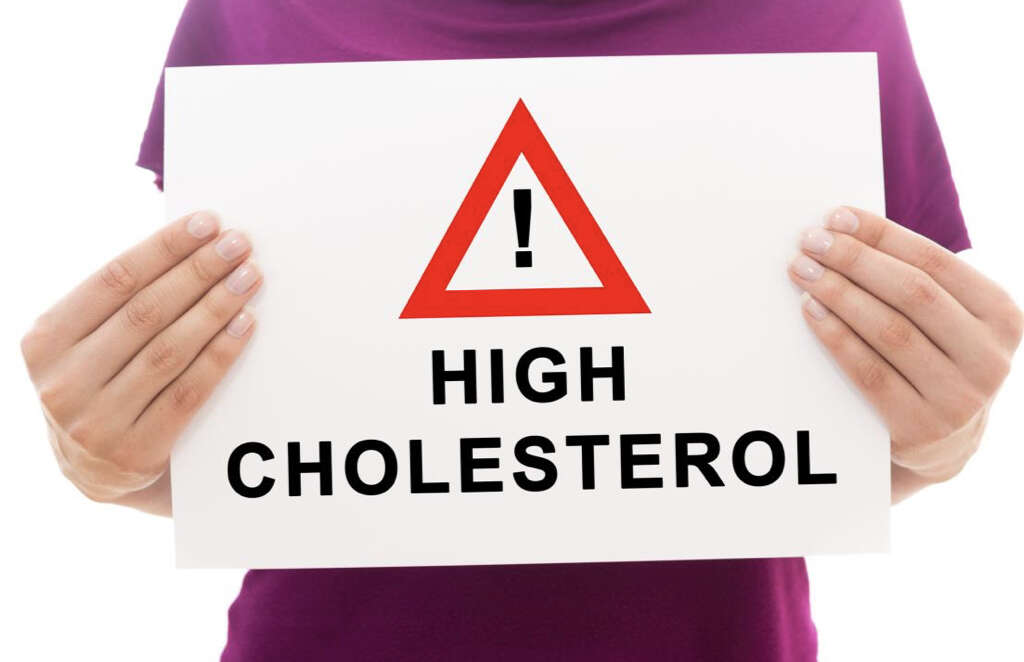What Is Avascular Necrosis?
 Article Sources
Article Sources
- 1. Avascular necrosis. (2020, April 22). Retrieved from https://www.mayoclinic.org/diseases-conditions/avascular-necrosis/symptoms-causes/syc-20369859
- 2. Avascular Necrosis. (n.d.). Retrieved October 21, 2020, from https://www.hopkinsmedicine.org/health/conditions-and-diseases/avascular-necrosis
- 3. Osteonecrosis of the Hip - OrthoInfo - AAOS. (n.d.). Retrieved October 21, 2020, from https://orthoinfo.aaos.org/en/diseases--conditions/osteonecrosis-of-the-hip
4. What Are the Risk Factors for Avascular Necrosis?
Avascular necrosis is associated with medical conditions affecting the immune system, such as systemic lupus erythematosus and HIV/AIDS. Diabetes and pancreatitis can also contribute to AVN. Osteonecrosis may be a side effect of organ transplantation and radiation therapy for cancer.1Avascular necrosis. (2020, April 22). Retrieved from https://www.mayoclinic.org/diseases-conditions/avascular-necrosis/symptoms-causes/syc-20369859
Because fat deposits in blood vessels can contribute to avascular necrosis, it is more common in people with hyperlipidemia, i.e., high cholesterol.2Avascular Necrosis. (n.d.). Retrieved October 21, 2020, from https://www.hopkinsmedicine.org/health/conditions-and-diseases/avascular-necrosis Excess alcohol consumption and high-dose corticosteroids can also increase lipid levels and cause the formation of fatty deposits in the blood vessels.3Osteonecrosis of the Hip - OrthoInfo - AAOS. (n.d.). Retrieved October 21, 2020, from https://orthoinfo.aaos.org/en/diseases–conditions/osteonecrosis-of-the-hip
Advertisement











